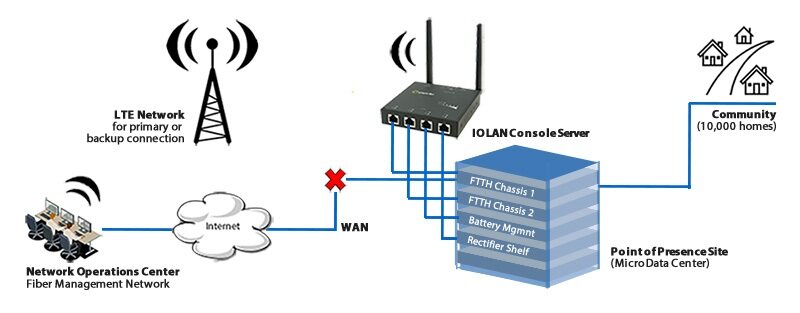
IPv6 clearly the best option for internet's future, report says
By Donna DonnowitzNovember 8, 2011
The internet is currently facing a major problem - it does not have any room to grow. IPv4 has just 4.3 billion available addresses, and the few global registries with IPv4 addresses left are distributing them at a pace of approximately 300 million per year. According to a recent Forbes report, at this rate, all of the world's registries will be out of new addresses within the next four years.
This means that there are just four options remaining for internet use around the globe. The first possibility, which is not really viable in any sense, is to simply stop having new devices connect to the internet and prevent future expansion, according to the news source.
The second is to add private extensions to IPv4 addresses. It is also possible to identify all of the unused IPv4 addresses that have been allocated, and distribute them once again.
The report said these two options are reasonable ways to extend the life of IPv4 and help businesses get by for as long as possible without making a major change to how their networks operate. However, the best option for long-term success in terms of the internet's expansion is to embrace IPv6, adding enough addresses to global registries that most experts believe they will never be used in entirety.
While both private address extensions and re-allocation of unused addresses are viable short-term options, the report said turning to IPv6 is the most feasible option. While making the adjustment to the new protocol may create many challenges, especially as the incompatible IPv4 system will still need to remain active when IPv6 is enabled, it offers so many sophisticated capabilities that it cannot be ignored.
According to the news source, IPv6 provides some fundamental improvements to networking systems, helping the internet grow into a system that can support more users while also offering improved performance and security.
IPsec is one of the key evolutionary elements of IPv6. The protocol allows businesses and service providers to enable more robust security systems that make it more difficult for intruders to gain access to the network. However, a recent CSO report warned that IPsec is similar to seat belts in that organizations do not have to use the system and could choose to leave it inactive. This creates extra risk that can be easily avoided if companies simply "buckle up" and turn IPsec on, the news source said.
Perle’s serial to Ethernet converters connect serial based equipment across an Ethernet network. The Perle IOLAN range of Console Servers, Device Servers and Terminal Servers feature built-in support for IPv6 along with a broad range of authentication methods and encryption technologies.



